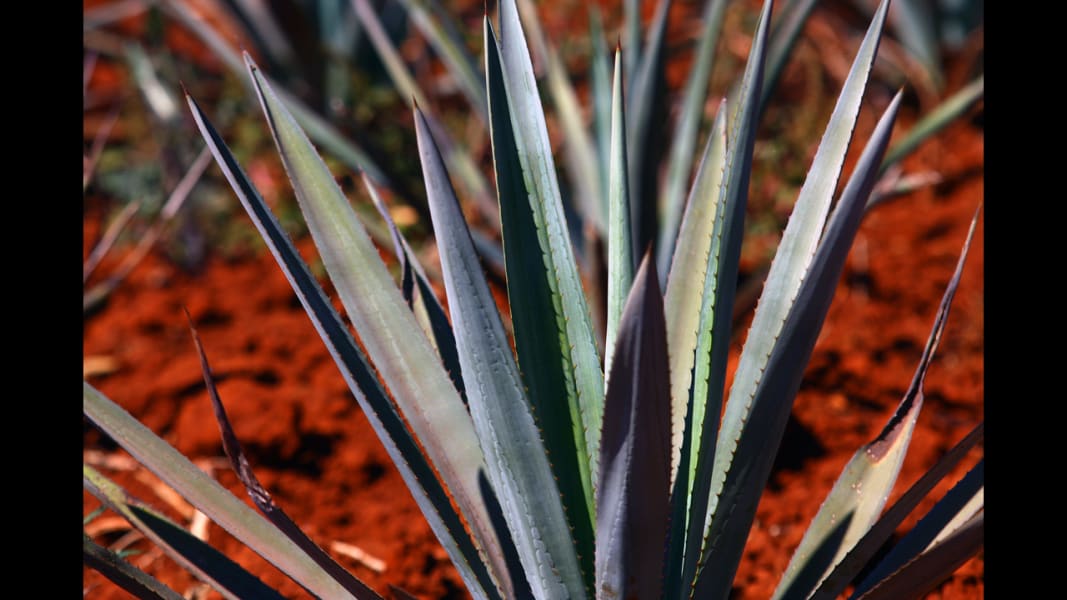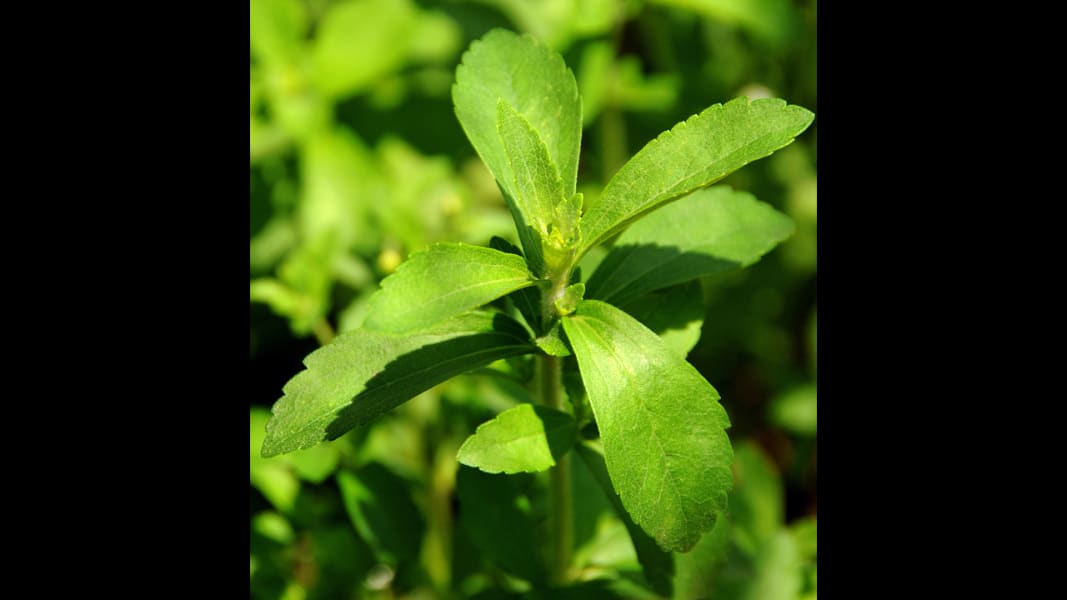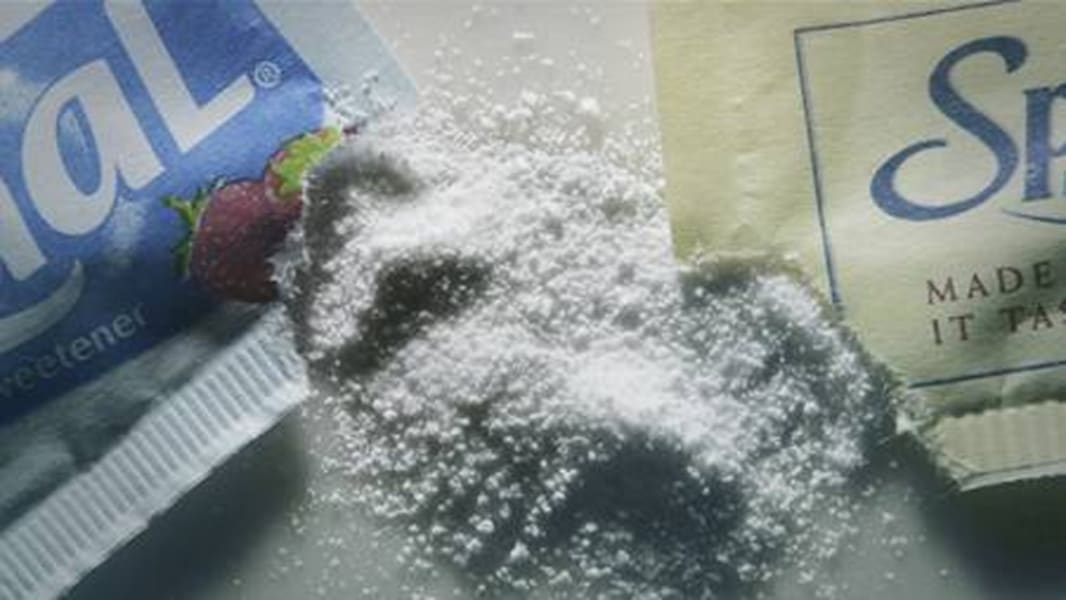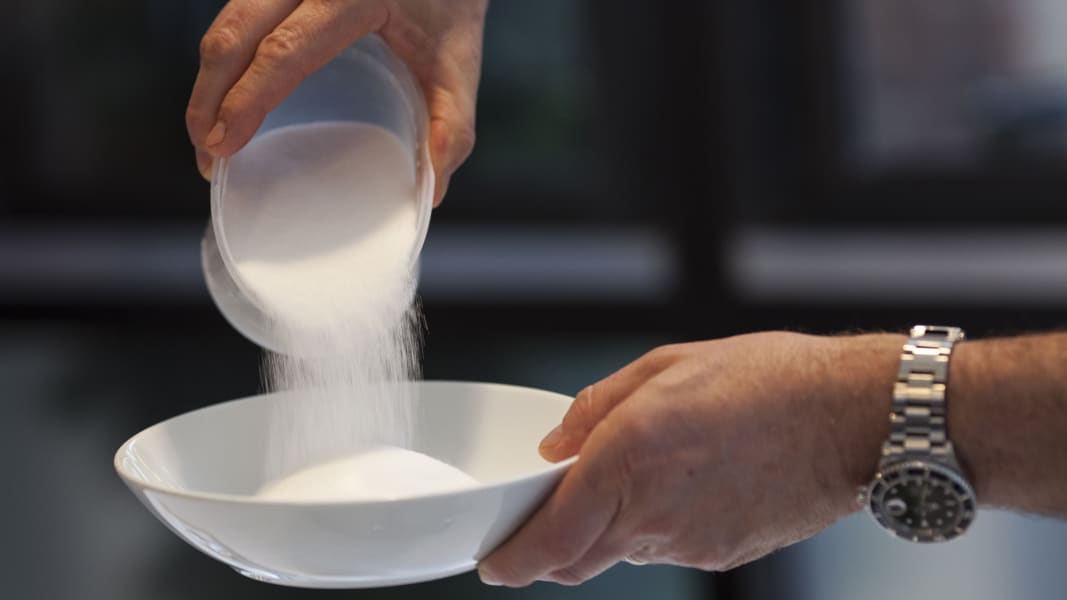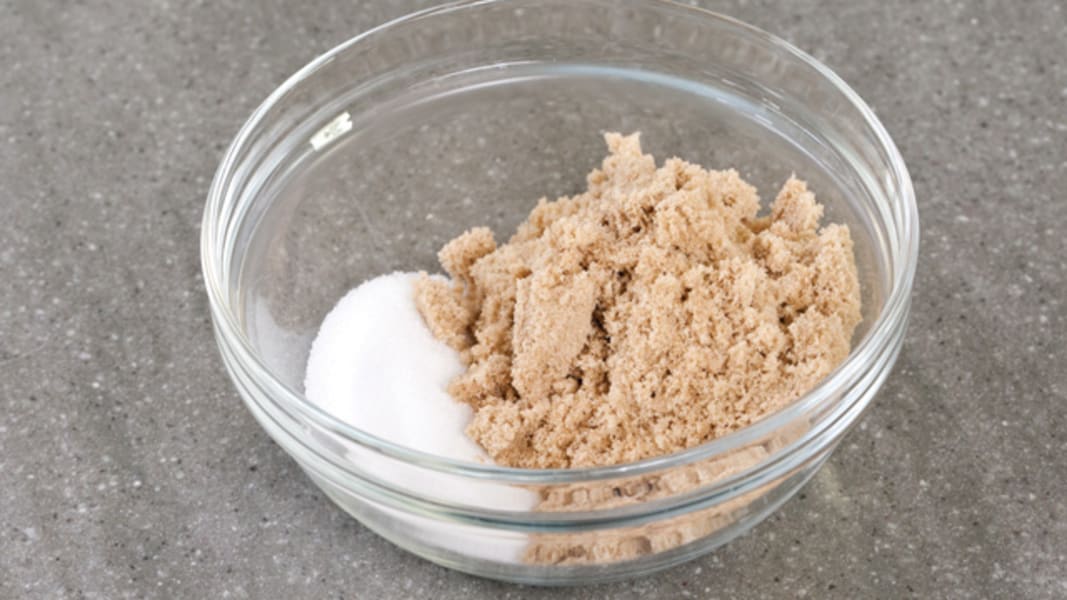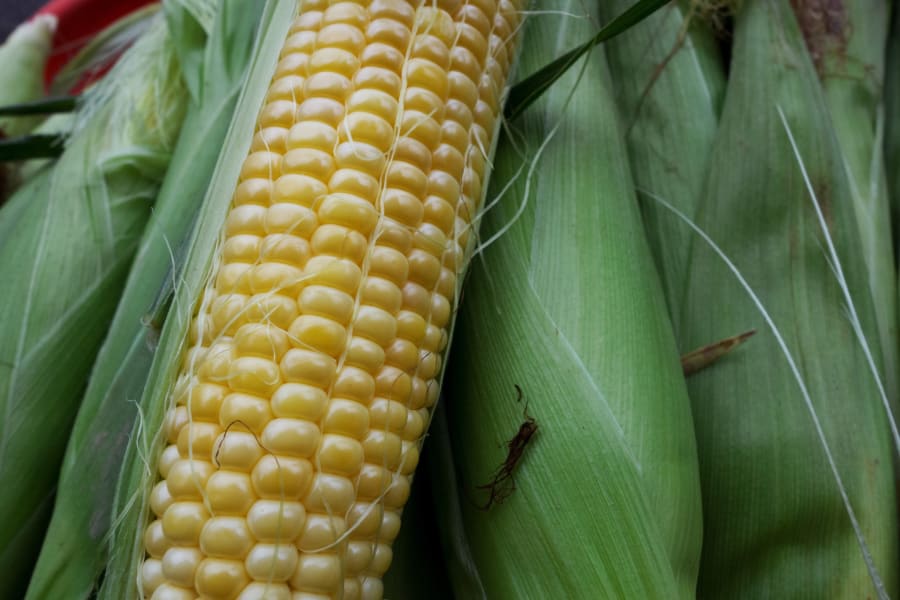Share
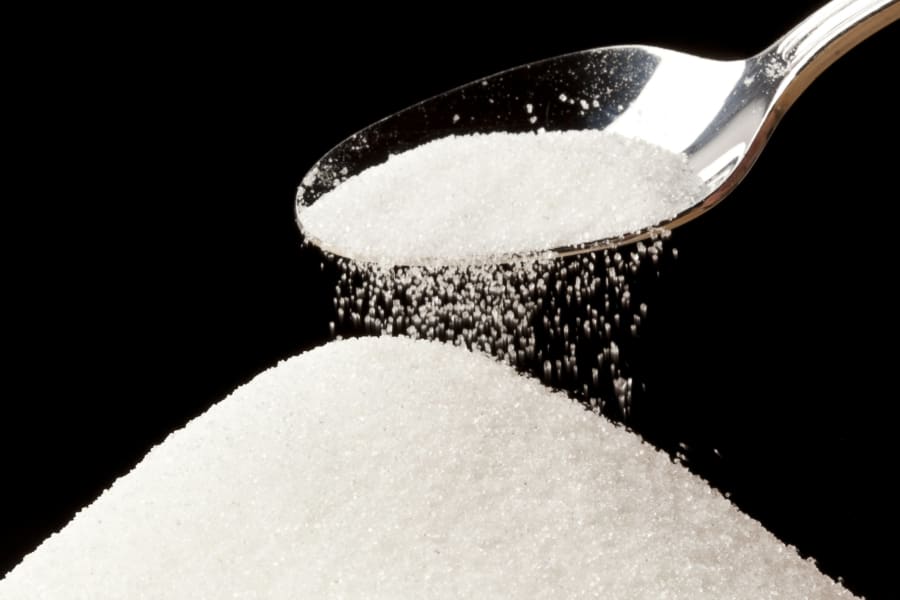

1 of 10
Natural and artificial sweeteners are in more food products than you might expect. Find out how many calories are in your favorite sweetener and see which ones have the most nutritional bang for your buck. shutterstock
What most people consider sugar is refined granulated sugar, or white sugar, which is derived from sugarcane or sugar beets. Common in foods, it has less nutrients than other natural sweeteners due to a refining process. Calories per tablespoon: 48. Jared Soares/The Washington Post/Getty Images
Brown sugar is created when molasses is added to sugar crystals. It has higher calcium and potassium levels than its white counterpart. The darker the sugar, the more molasses is present. Calories per tablespoon: 51. Courtesy America's Test Kitchen
Molasses is a byproduct when sugarcane and sugar beets are refined. It is often used in baked goods, and is a rock star when it comes to nutrition with 1,464 mg of potassium, 205 mg of calcium and 242 mg of magnesium -- the highest of all the sweeteners. Calories per tablespoon: 58. Thinkstock
Maple syrup is made from the sap of maple trees, though the artificial varieties are often just a combination of water and sugars. Nutritional perks of authentic syrups include calcium and potassium. Calories per tablespoon: 52. Ciaran Griffin
Honey is produced by bees and has the most calories out of all the sweeteners on our list. The Mayo Clinic recommends that people who have bee-related allergies avoid honey, and it shouldn't be given to children younger than 12 months. Calories per tablespoon: 64. Ralph Orlowski/Getty Images
Corn syrup is a sweetener made from corn starch that is commonly used in drinks and packaged foods. It comes in light, dark and high-fructose syrups (the dark syrup contains the most nutrients). Mayo Clinic says there is a lack of evidence on the possible dangers of the controversial high-fructose variety. Calories per tablespoon: Light (62), dark (57), high-fructose (53). PAUL J. RICHARDS/AFP/Getty Images file
A more exotic sweetener, agave nectar is created from the agave plant that is native to southern and western United States and parts of South America. It contains fewer carbs than most other sweeteners and contains vitamin C. Calories per tablespoon: 63. HECTOR GUERRERO/AFP/Getty Images
The leaves from stevia plants are used for medicinal purposes and as a sugar-free sweetener. It is reported to be much sweeter than white sugar, but isn't approved by the FDA. Nausea is a possible side effect. Calories per tablespoon: 0. NORBERTO DUARTE/AFP/Getty Images
Equal and NutraSweet are FDA-approved artificial sweeteners made from aspartame (two amino acids put together). Another artificial sweetener, Splenda, is sucralose-based and is created from chemically processed sugar. According to researchers, one possible risk of digesting these products is that it can confuse your body, making it harder to process real sugars as a result. Calories per tablespoon: 0. CNN
